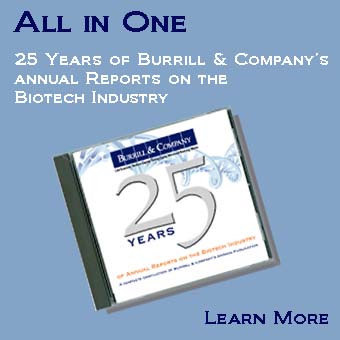“The fish are engineered to grow faster by inserting a copy of a gene that encodes the DNA sequence of Chinook salmon growth hormone and the growth hormone of the eel-like ocean pout”
A review panel met this week to consider whether the U.S. Food and Drug Administration should allow the commercial cultivation of a salmon that can grow to adult size twice as fast as its natural cousins and seemed to give it a general thumbs up.
Companies making genetically altered foods must pass rigorous tests, similar to those required of drugs companies, to ensure that they are safe for human consumption. In the case of food, though, they must also be found safe for the environment.
AquaBounty, based in Waltham, Massachusetts, has been developing its AquAdvantage Atlantic salmon for more than 10 years. The fish are engineered to grow faster by inserting a copy of a gene that encodes the DNA sequence of Chinook salmon growth hormone and the growth hormone of the eel-like ocean pout. Unlike most Atlantic salmon that stop growing in the winter, the modified fish produces growth hormone throughout the year.
AquaBounty says its GM fish are mostly sterile females, incapable of reproducing. To contain the modified species, it plans to grow it inland, in large tanks. “The possibility of an escape or an event with any possibility to interact with the wild population is infinitesimal,” says Ronald Stotish, AquaBounty’s CEO.
The Veterinary Medicine Advisory Committee, made up largely of veterinary scientists, is strictly advisory and its recommendations are not binding. Its preliminary review seemed to find that the biotech salmon were essentially chemically similar to conventional Atlantic salmon and would be safe to eat. The likelihood that they would pose a danger to the environment was slim.
They did, however, recommend post-approval monitoring to assess the environmental safety of a commercial operation. The panel also seemed to feel that if the GM fish is approved, consumers should be able to know what they were eating. FDA rules prohibit labeling solely on how a food is produced. This issue is now being hotly debated by consumer groups, who are for labeling, and industry representatives, who called on the FDA to keep its current labeling rules.
It may be months before the FDA makes a regulatory decision on AquaBounty’s salmon. If approved, it will be the first genetically modified food animal to be sold in this country, and could lead the way to market for other altered animals.
September 24, 2010
http://www.burrillreport.com/article-genetically_engineered_salmon_on_the_dinner_plate.html




.gif)